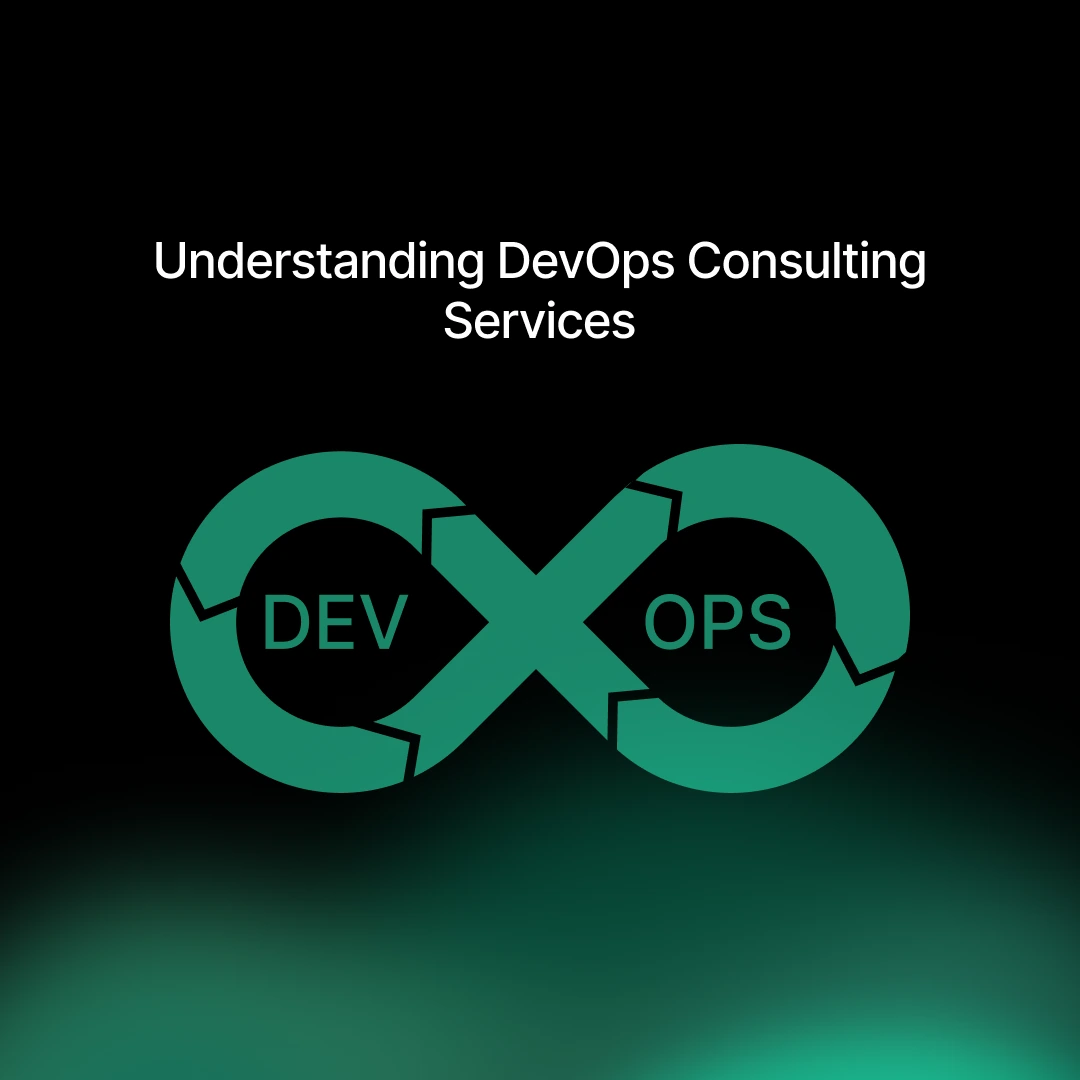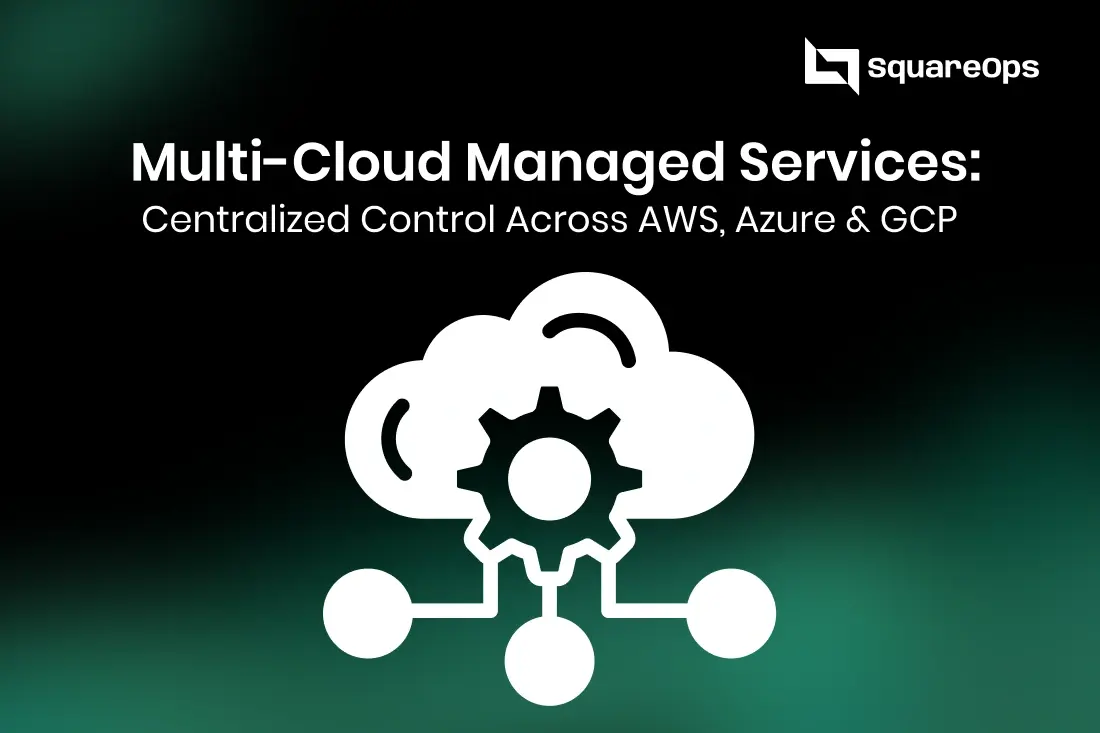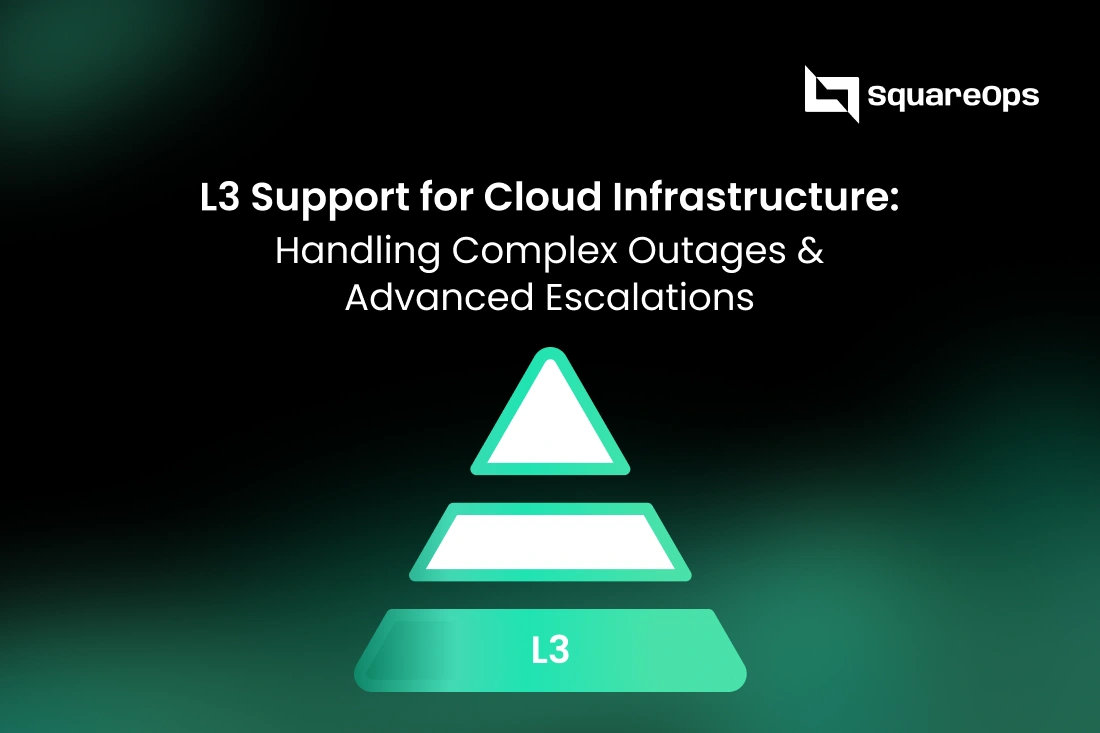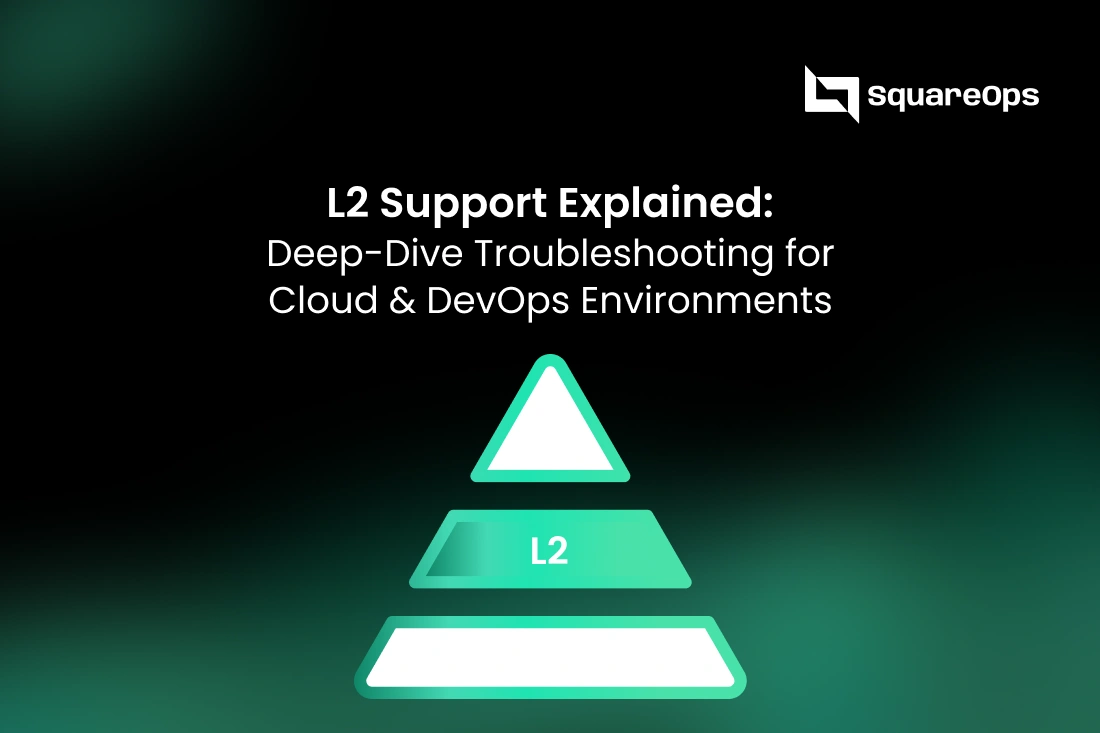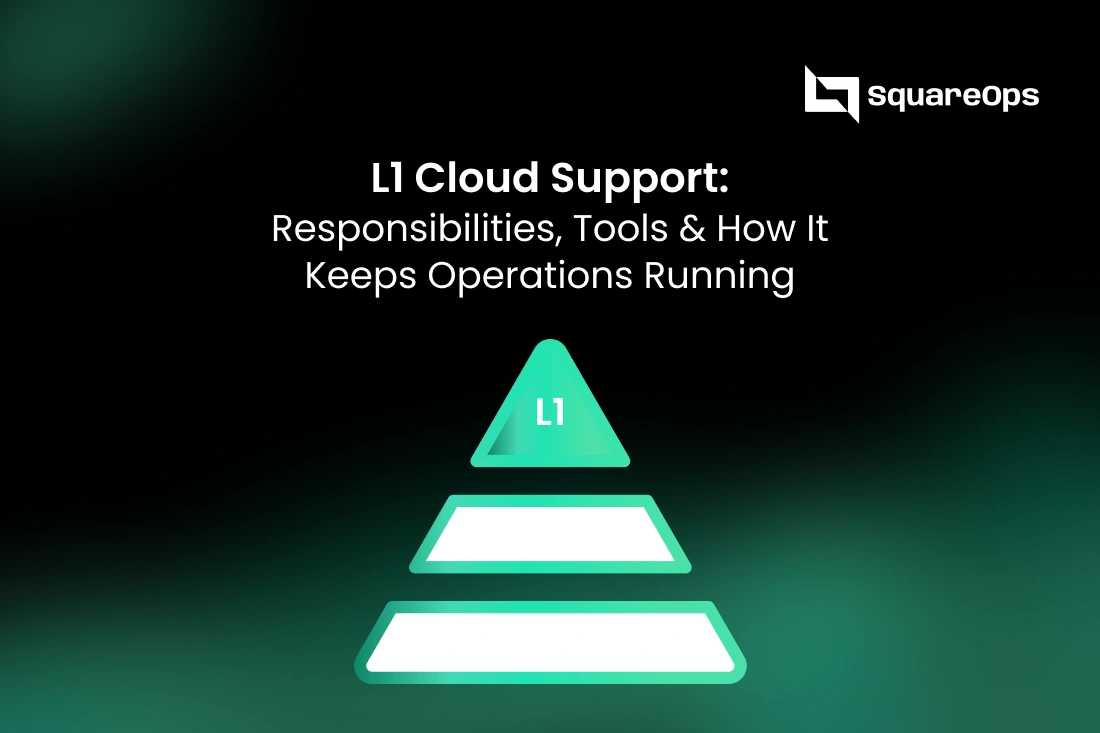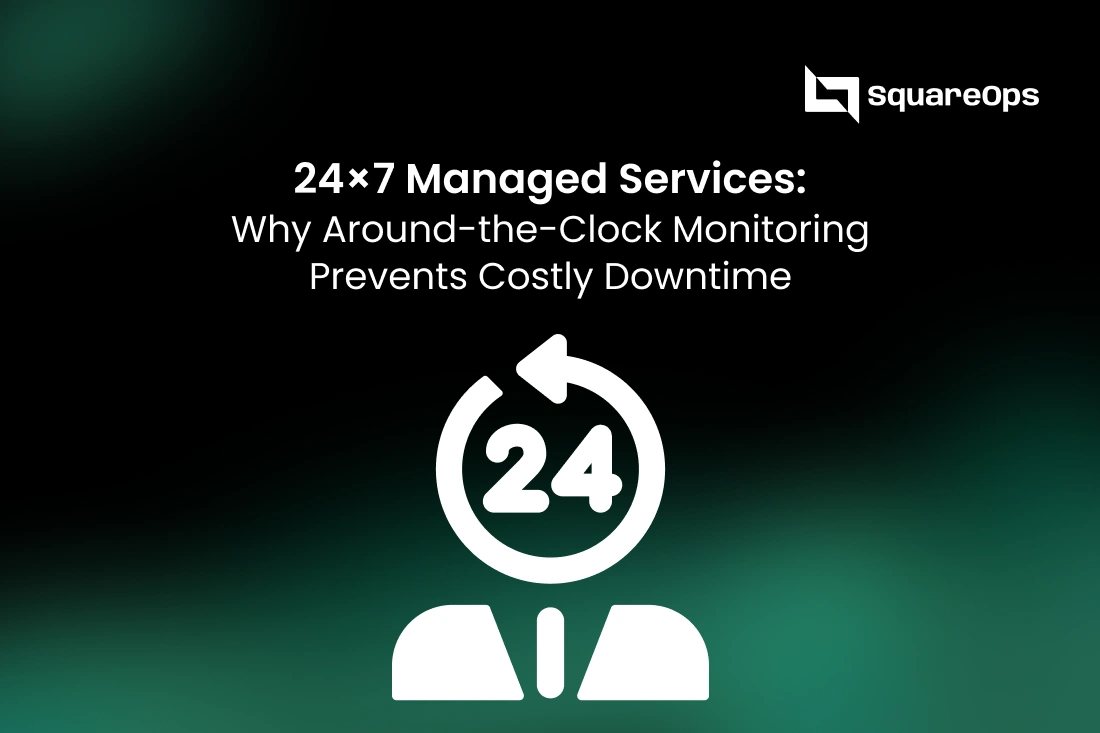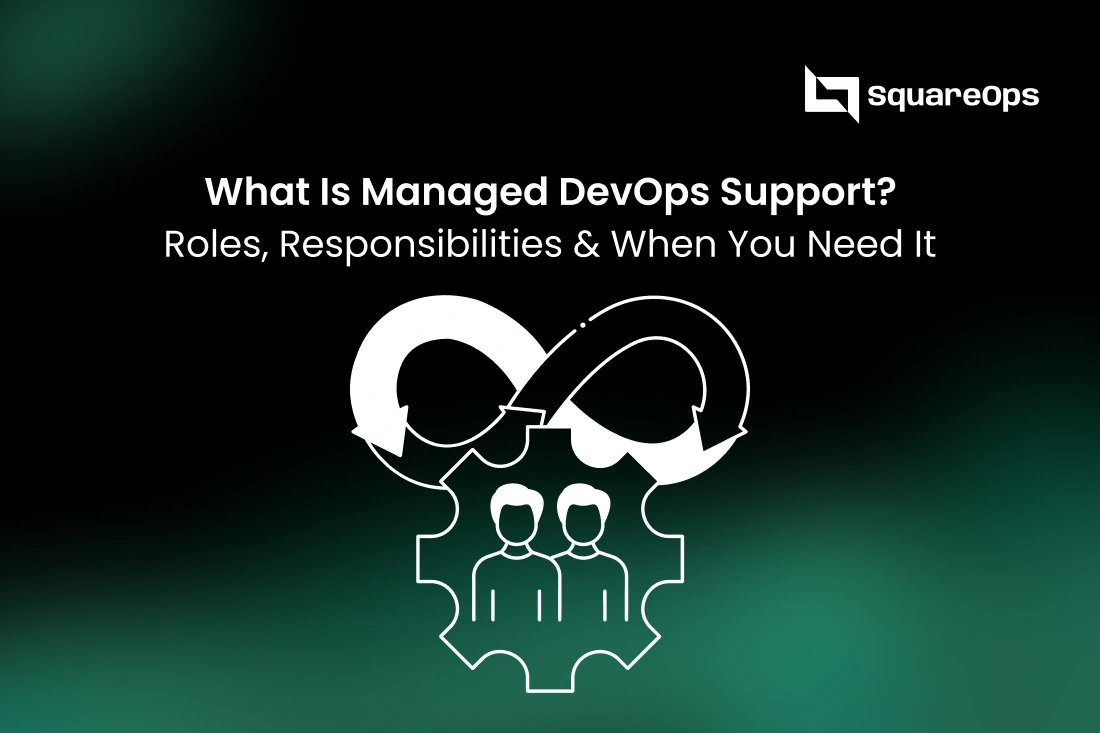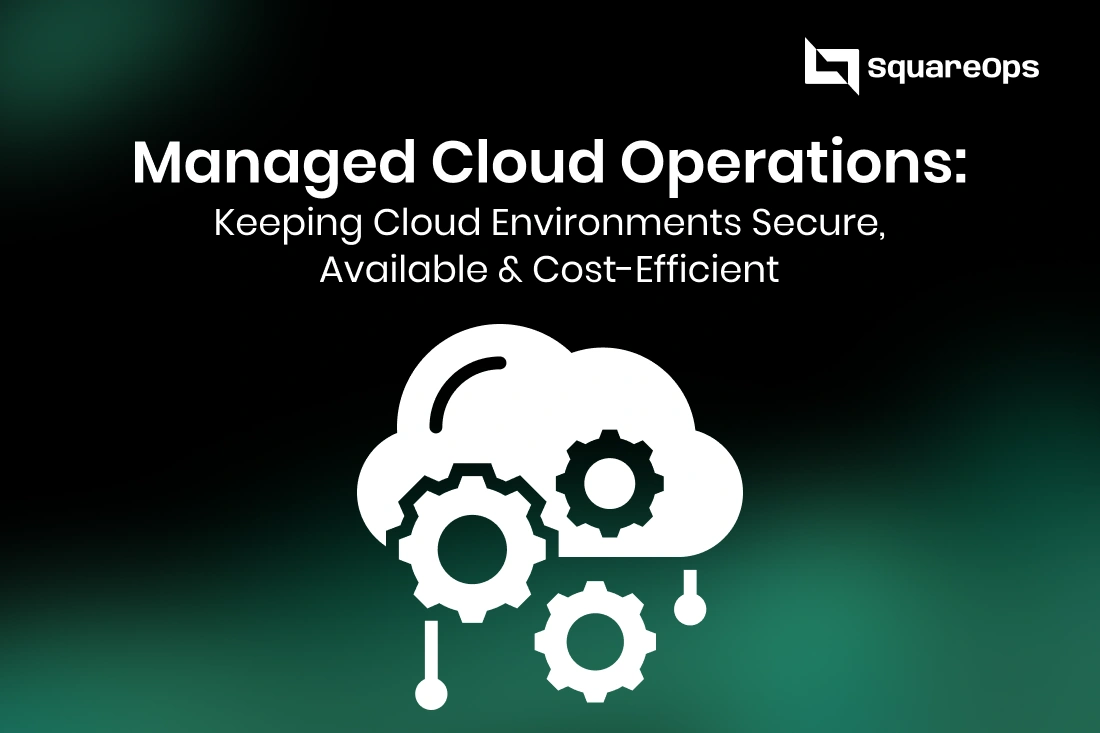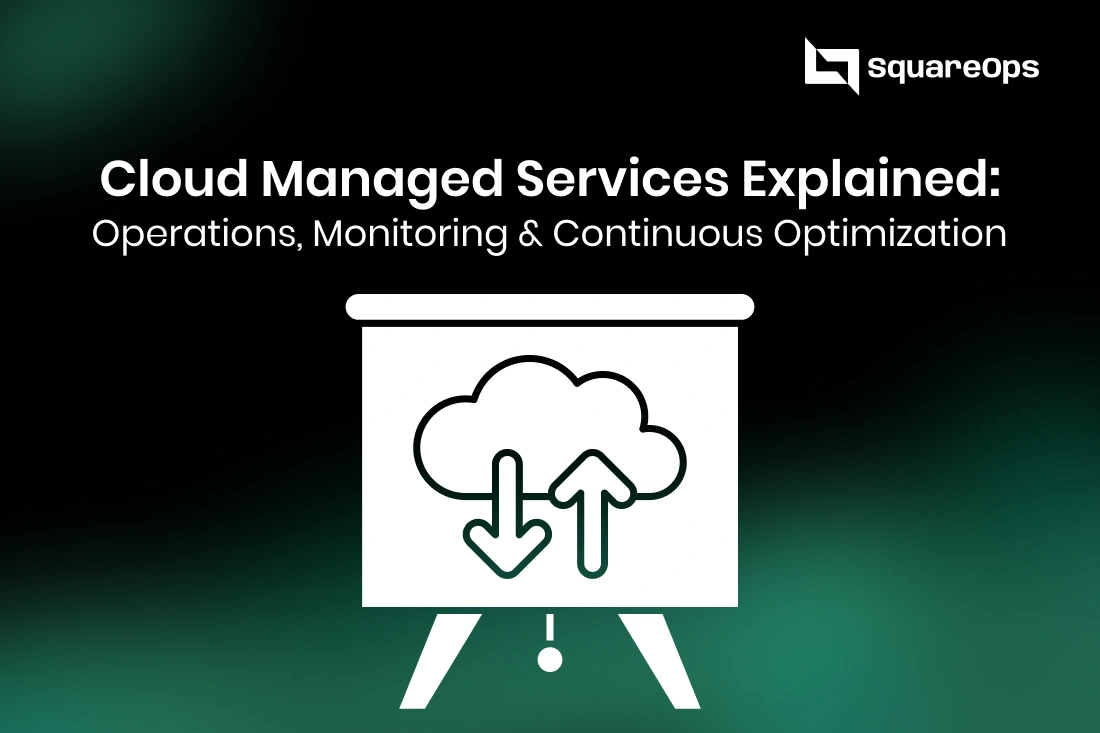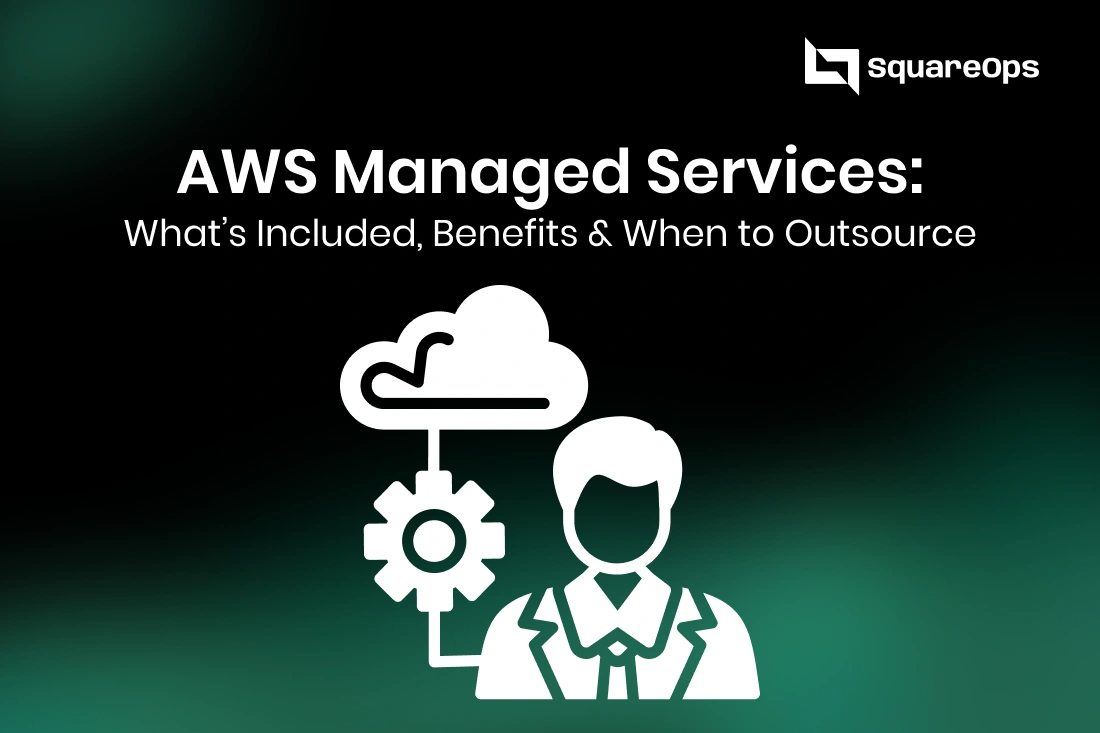Introduction
DevOps is not just a buzzword in the IT industry; it is a transformative approach that combines cultural philosophies, practices, and tools to deliver software applications and services at high velocity. In this detailed guide, we will explore what DevOps is, the benefits of hiring DevOps consultants, how consulting services work, industries that benefit from these services, and the key metrics for evaluating DevOps success. This article will provide clear insights and actionable information for businesses considering DevOps consulting.
What is DevOps?
DevOps is a compound term for Development (Dev) and Operations (Ops), representing a culture and set of practices that unify these traditionally separate teams. The goal of DevOps is to improve collaboration, increase efficiency, and enhance the speed and reliability of software delivery.
Key Features of DevOps:
- Collaboration: Promotes open communication and teamwork between development and operations teams.
- Automation: Utilizes tools to automate repetitive tasks, such as testing and deployments.
- Continuous Integration and Continuous Deployment (CI/CD): Ensures seamless integration of code changes and frequent, reliable deployments.
- Monitoring and Feedback: Uses real-time data to identify and resolve issues promptly, enhancing overall system performance.
DevOps is not just about technology; it is a cultural shift that emphasizes shared responsibility and continuous improvement. This philosophy has helped businesses adapt to rapid changes and deliver value consistently.
Benefits of Hiring DevOps Consultants
While implementing DevOps can be transformative, doing it right requires expertise and experience. Hiring DevOps consultants offers several advantages that can significantly impact your organization.
1. Faster Time-to-Market
DevOps consultants streamline processes, enabling rapid development and deployment of software. This agility allows businesses to respond swiftly to market demands and customer needs. With accelerated timelines, organizations can seize opportunities and stay ahead of competitors.
2. Cost Optimization
Consultants help identify inefficiencies, optimize workflows, and automate processes, leading to reduced operational costs. They also assist in managing cloud resources effectively to avoid over-provisioning, ensuring you pay only for what you use.
3. Improved Quality and Reliability
By integrating best practices such as automated testing and continuous monitoring, consultants enhance the reliability and robustness of applications, reducing downtime and improving customer satisfaction. Consistent quality delivery builds trust and credibility with end-users.
4. Access to Expertise
DevOps consultants bring a wealth of knowledge about tools, frameworks, and methodologies. Their expertise ensures successful implementation while avoiding common pitfalls. This guidance is especially crucial for businesses new to DevOps or those looking to scale their practices.
5. Customized Solutions
Every organization has unique needs. Consultants tailor DevOps strategies and solutions to align with your specific business goals and challenges. They factor in your industry, team size, existing infrastructure, and long-term objectives.
How DevOps Consulting Services Work
DevOps consulting services follow a structured approach to help businesses adopt and implement DevOps practices effectively. Here is a step-by-step breakdown of how these services work:
1. Assessment and Discovery
The process begins with an in-depth assessment of your current IT infrastructure, workflows, and team culture. Consultants identify gaps, bottlenecks, and opportunities for improvement. This phase often includes:
- Analyzing code repositories and deployment pipelines.
- Evaluating team collaboration practices.
- Assessing tools and technologies in use.
2. Strategy Development
Based on the assessment, consultants design a customized roadmap for DevOps adoption. This includes:
- Selecting the right tools (e.g., Jenkins, Kubernetes, Docker).
- Defining workflows for CI/CD pipelines.
- Establishing clear objectives and timelines.
- Setting up governance policies for security and compliance.
3. Implementation
In this phase, SquareOps:
- Set up and configure CI/CD pipelines to enable automated testing and deployment.
- Automate infrastructure provisioning using tools like Terraform or Ansible.
- Integrate monitoring tools (e.g., Prometheus, Grafana) for real-time system insights.
- Foster collaboration by establishing agile practices and adopting communication tools like Slack or Jira.
Consultants also ensure scalability by configuring cloud environments to handle growth and peak loads effectively.
4. Training and Knowledge Transfer
To ensure long-term success, consultants provide training to your teams, equipping them with the skills and knowledge to maintain and scale DevOps practices independently. This step often includes:
- Hands-on workshops.
- Documentation of processes and workflows.
- Guidance on troubleshooting and optimization.
5. Ongoing Support and Optimization
Post-implementation, many consultants offer continued support to monitor performance, troubleshoot issues, and refine practices for sustained improvements. This ensures your DevOps setup evolves with your business needs.
DevOps consulting services have applications across various industries, enabling them to modernize operations and achieve better outcomes. Here are some examples:
1. E-commerce
With the need for frequent updates and seamless user experiences, e-commerce businesses benefit greatly from DevOps. Continuous delivery pipelines ensure quick rollouts of features and fixes. For example, personalized shopping recommendations and payment gateway updates can be deployed swiftly without downtime.
2. Healthcare
Healthcare organizations rely on secure and reliable systems for managing patient data and providing services. DevOps practices ensure compliance with strict regulations like HIPAA while minimizing downtime for critical applications such as telemedicine platforms.
3. Finance
Banks and financial institutions use DevOps to enhance system reliability, strengthen security, and roll out new services quickly in a competitive market. For instance, mobile banking apps with frequent feature updates can be maintained seamlessly with DevOps.
4. Media and Entertainment
Streaming platforms and media companies need to deliver content reliably to a global audience. DevOps helps in scaling systems to handle spikes in traffic and ensuring uninterrupted services. Real-time updates, such as adding new episodes or fixing bugs, are made possible through DevOps pipelines.
5. Manufacturing
Manufacturers leveraging IoT and automation benefit from DevOps in managing software updates, optimizing processes, and improving overall efficiency. DevOps ensures that connected devices in smart factories function seamlessly.
Key Metrics for Evaluating DevOps Success
Tracking the right metrics is essential to measure the impact of DevOps practices. Here are some critical metrics to consider:
1. Deployment Frequency
This metric measures how often your team releases new updates or features. Increased frequency indicates a well-optimized CI/CD pipeline and an agile development process.
2. Lead Time for Changes
The time it takes for code changes to move from development to production. Shorter lead times signify faster workflows and more efficient collaboration.
3. Change Failure Rate
This measures the percentage of deployments that result in failures requiring fixes. Lower failure rates reflect robust quality assurance practices, reducing rework and improving user satisfaction.
4. Mean Time to Recovery (MTTR)
The average time taken to recover from system incidents. A shorter MTTR indicates effective incident response and system reliability, ensuring minimal disruption.
5. System Uptime and Performance
Monitoring system availability and performance ensures uninterrupted services and customer satisfaction. Tools like New Relic and Datadog provide real-time insights into system health.
6. Customer Satisfaction
Indirect metrics like Net Promoter Score (NPS) or user feedback can also indicate the success of DevOps practices. Faster releases and fewer issues often translate to happier customers.
Conclusion
DevOps consulting services offer organizations the expertise and tools needed to embrace the DevOps culture effectively. By fostering collaboration, automating workflows, and implementing best practices, businesses can achieve faster time-to-market, reduced costs, and improved system reliability.
Whether you are in e-commerce, healthcare, finance, or another industry, adopting DevOps with the help of consultants can revolutionize your software delivery process. With clear strategies, measurable metrics, and ongoing support, DevOps is not just a methodology; it is a pathway to innovation and growth. Start your DevOps journey today with expert consulting services from SquareOps, and unlock your business’s full potential.
By embracing this transformative approach, your organization can stay competitive, agile, and prepared for the future of digital transformation. Reach out to SquareOps to learn more and take the first step toward achieving your DevOps goals. Contact us now to schedule a consultation and discover how our tailored DevOps consulting services can drive success for your business.
